Organiser/Chair
Narayan Yoganandan, PhD, Professor of Neurosurgery and Orthopaedic Surgery, Medical College of Wisconsin
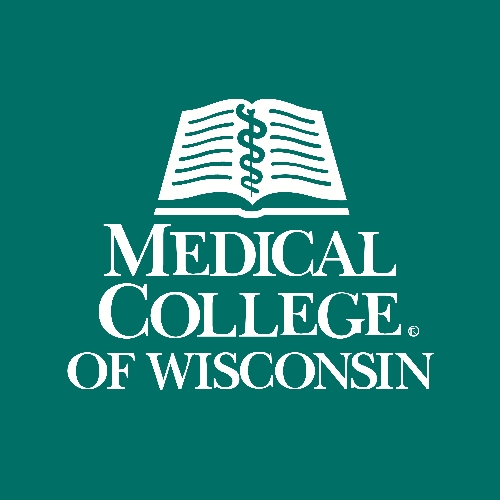
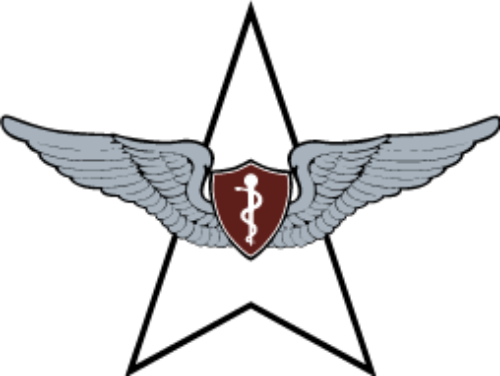

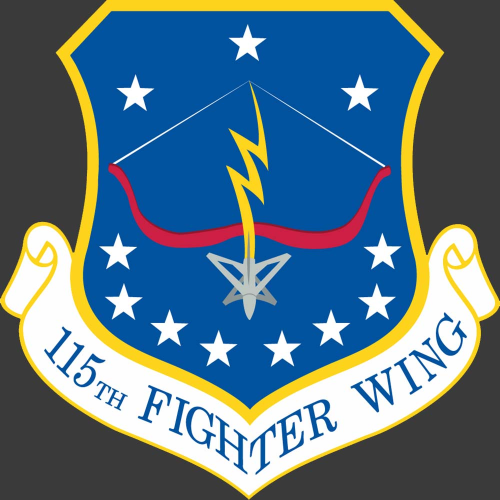

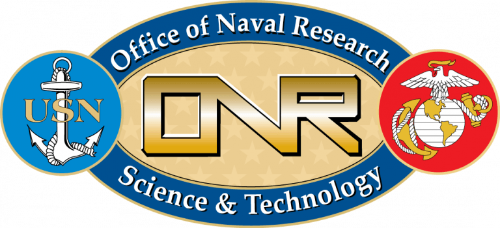
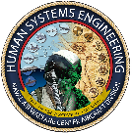
Neck injuries in the form of neck pain, fatigue and discomfort, and fractures have a greater prevalence in the military than civilian populations. Greater neck loads in the military resulting from vibrational and high-g exposures, use of head supported mass (helmet, night vision goggles), and non-neutral head-neck orientations on the load-bearing and neural structures of the head-neck, play a role in the development of neck disorders. Changes in the center of mass and moment of inertia from the head supported mass transmitting loads to the head-neck is also a contributor to the disorder. Head-neck muscle forces, osteoligamentous spinal column forces and bending moments, and changes in the musculoskeletal geometry influence neck motions and load-sharing between the column and muscles. Greater and non-physiological loads may accelerate degenerative changes within the components of the spine (disc, end plate, facet joint) and lead to Warfighter’s performance decrement. Spinal alignment may be affected over time due to increased and repetitive loading. Cervical total disc replacement is used as a surgical option to treat neck injuries with early return-to-duty and enhance effectiveness in the military. Biomedical studies using Magnetic Resonance Imaging (upright and supine MRIs), baseline and longitudinal pain-related assessments, determination of head-neck kinetics such as range of motion, electromyographic signals, postural stability evaluations, morphometric and three-dimensional geometries of head-neck muscles and osteo-ligamentous column, and musculoskeletal injury models are needed to provide optimal solutions for mitigation and protect the Warfighter from acute and chronic neck injuries. The focus of this workshop is to bring a group of multidisciplinary international experts from academia and industry and treating physicians and expose the audience to the latest studies in the area and discuss challenges, opportunities, and potential solutions.
- Lt. Col. Benjamin Gerds, US Air Force, Keynote Speaker (US Air Force F-35 Pilot and Commander 115th Operations Group)
- Dr. Narayan Yoganandan, Medical College of Wisconsin (yoga@mcw.edu)
- Dr. Peter Le, US Air Force Research Laboratory
- Dr. Brian Stemper, Medical College of Wisconsin
- Dr. Keri Hainsworth, Medical College of Wisconsin
- Dr. Christopher Wolfla, Medical College of Wisconsin
- Dr. Adrienne Madison, United Army Aerospace Medical Research Laboratory
- Dr. Khalid Barazanji, United Army Aerospace Medical Research Laboratory
- Dr. Bethany Shivers, US Naval Air Warfare Center Aircraft Division
- Rachel Cutlan, Mahmudur Rahman, Ali Warraich, Medical College of Wisconsin
- Sarah Day MSc, QinetiQ Fellow, UK
